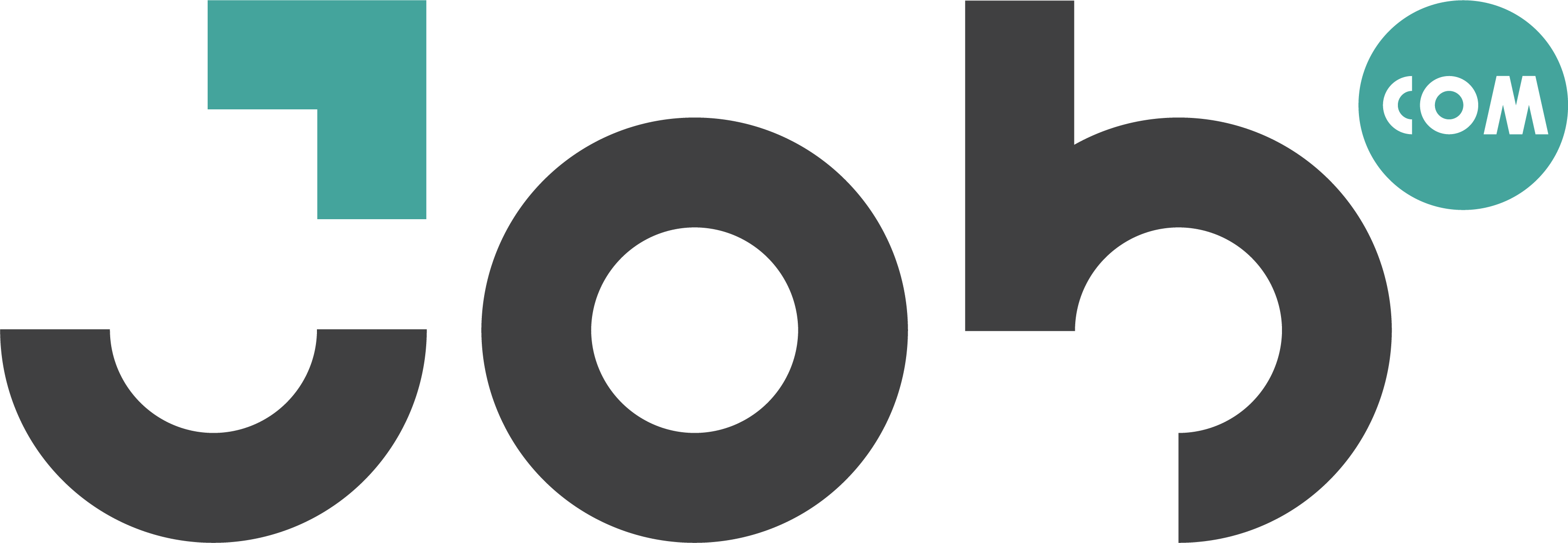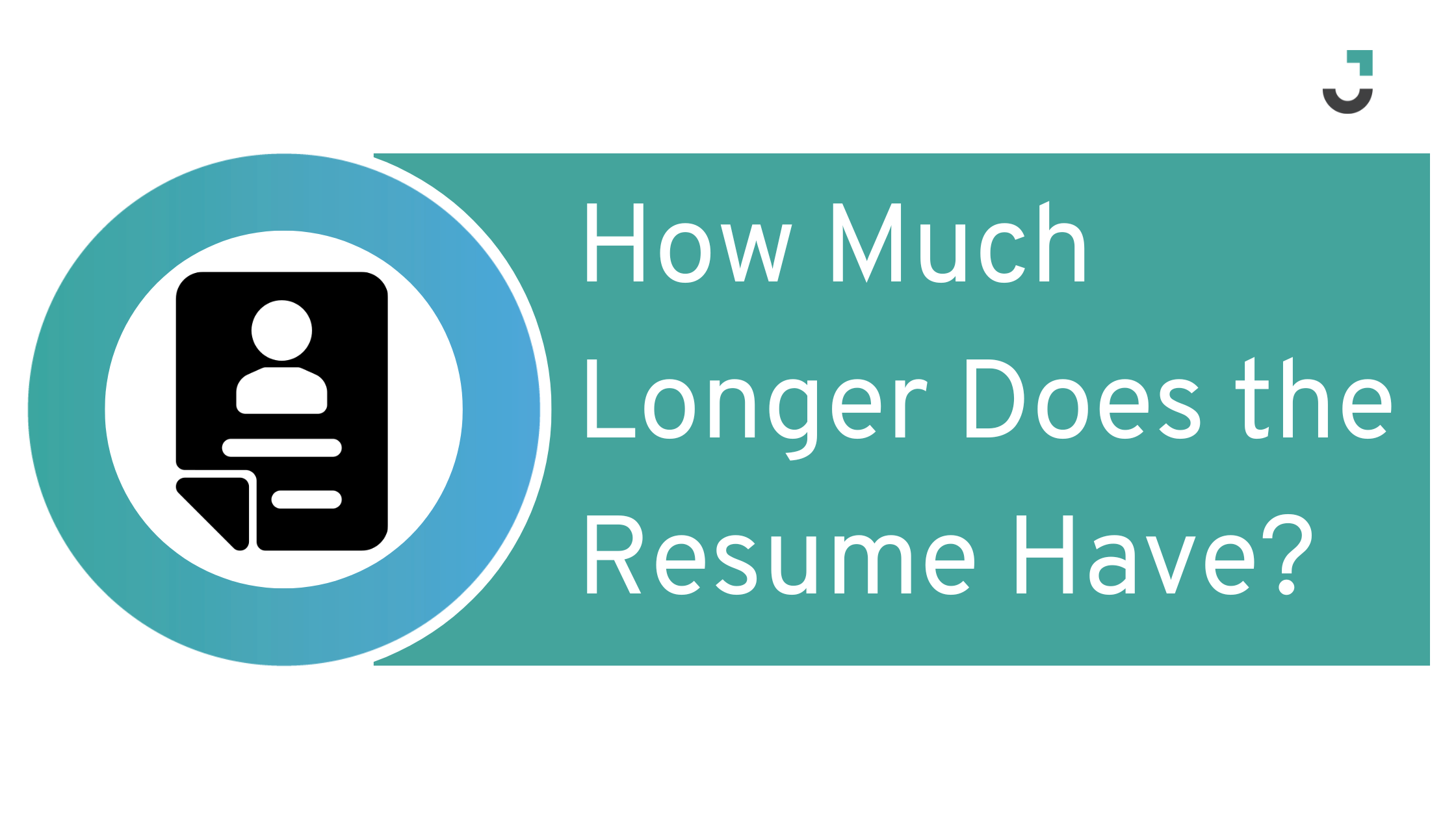When so many companies are still struggling to find talent and with a myriad of theories behind why people are not going back to work, has anyone actually asked the question: Is it possible that the old fashioned way of hiring is just no longer effective at reaching the next generation of labor? I believe that we’re at the dawn of major change in the hiring process and that if companies want to engage and on-board new talent, then they have to rethink their traditional methods of hiring and begin looking for new ways of attracting talent.
First, I’d like to take a step back and highlight the last major shift in how companies hired, which took place about 25 years ago. Back then, if you wanted a job, you looked in the classifieds of the newspaper or you would actively go out on high streets handing the hardcopy version of your resume to potential employers with the hope of landing a role. The thought of that process now seems almost archaic, but in reality, it wasn’t that long ago. The major revolution in job hunting that changed this, came during the 1990s with the creation of the job board.
The job board was such a major leap in the job-hunting world because it meant that job seekers could apply in real time for roles and search among thousands of opportunities that met their required skills, location, and earning needs. It truly was a major leap forward in efficiency and saw aggressive adoption during the early 2000s up until the 2010s where the only place you really looked for opportunity were on job boards (like Indeed or Monster). These platforms have championed the resume, as they use them as an asset for building databases, matching jobs, and making their own technology smarter. The problem with these job boards is they are starting to become stale in their approach, which hasn’t changed in over 25 years.
In states like Texas, where you can begin working at 14 years old, the age of the potential labor force is right at the end of the Generation Z spectrum (a generation that has never really known life without social media and even things like cryptocurrency). Their view of the world is very different from that of Generation X or even geriatric millennials. In their digital social ecosystem, they’re used to things coming to them—platforms such as TikTok or Instagram have been showing them customized adverts, brands, and items of interest (anything to match their tastes) for the entire time they’ve been using social media.
TikTok has already realized this and is aggressively moving into the job market as a way of generating revenue—building relationships between companies and audiences who may be interested in working at those companies. TikTok has made it possible for its users to create “careertoks” or video expressions that allow the user to tell a potential employer all about themselves while also showing a level of personality—something a resume simply can never offer. This has the potential to be the next shift in how people find work, akin to what we saw in the 90s with the birth of the job board.
A TikTok user, who is already very familiar with how to create video content and has been practicing and watching for years on how to master this media, now has the chance to follow and learn more about companies who would be interested in hiring them. This can allow both the company and the potential candidate to see if they’d be a good fit. It also allows the company to build an online following and relationship with potential employees. All of which culminates in excited young talent submitting their professional “careertoks” to that employer. And at no point within that process does the candidate need to write (and upload) a resume or create (and adapt) a cover letter. Meaning that all of that historic, rather limited behavior, has been removed, which is a clear path towards eliminating the need for the ancient document, known as the resume.
TikTok itself has 62% of 10-29 year olds in America using its platform regularly. When you consider that against even the largest job board in the world, Indeed, the number and engagement on TikTok dwarf even a platform like Indeed. Companies have to rethink where they spend their dollars and how they interact with their future labor force—the reality is, they must go where the talent is. If that talent is not using job boards or writing resumes, then the hirers have to reconsider their historic approach to attracting talent.
It’s clear that companies are open to this change and new way of engaging the talent audience, especially when you consider the level of uptake TikTok had from hirers such as WWE, Target, and Chipotle. This is a clear demonstration that another shift is upon us, which is only being fueled by the difficulty of finding talent for jobs (through the traditional means) right now. Combined, this acts as a catalyst of speeding up change and talent attraction methods of the major hirers in the US and globally.
In summary, having lived through the last major shift in the job search and application industry, it’s clear that the dawn of change is here again and that this time it's taking the resume down with it. The only real question is how long does it take to bring down the old system completely in order to potentially see the demise of the traditional job application processes, such as job boards?


